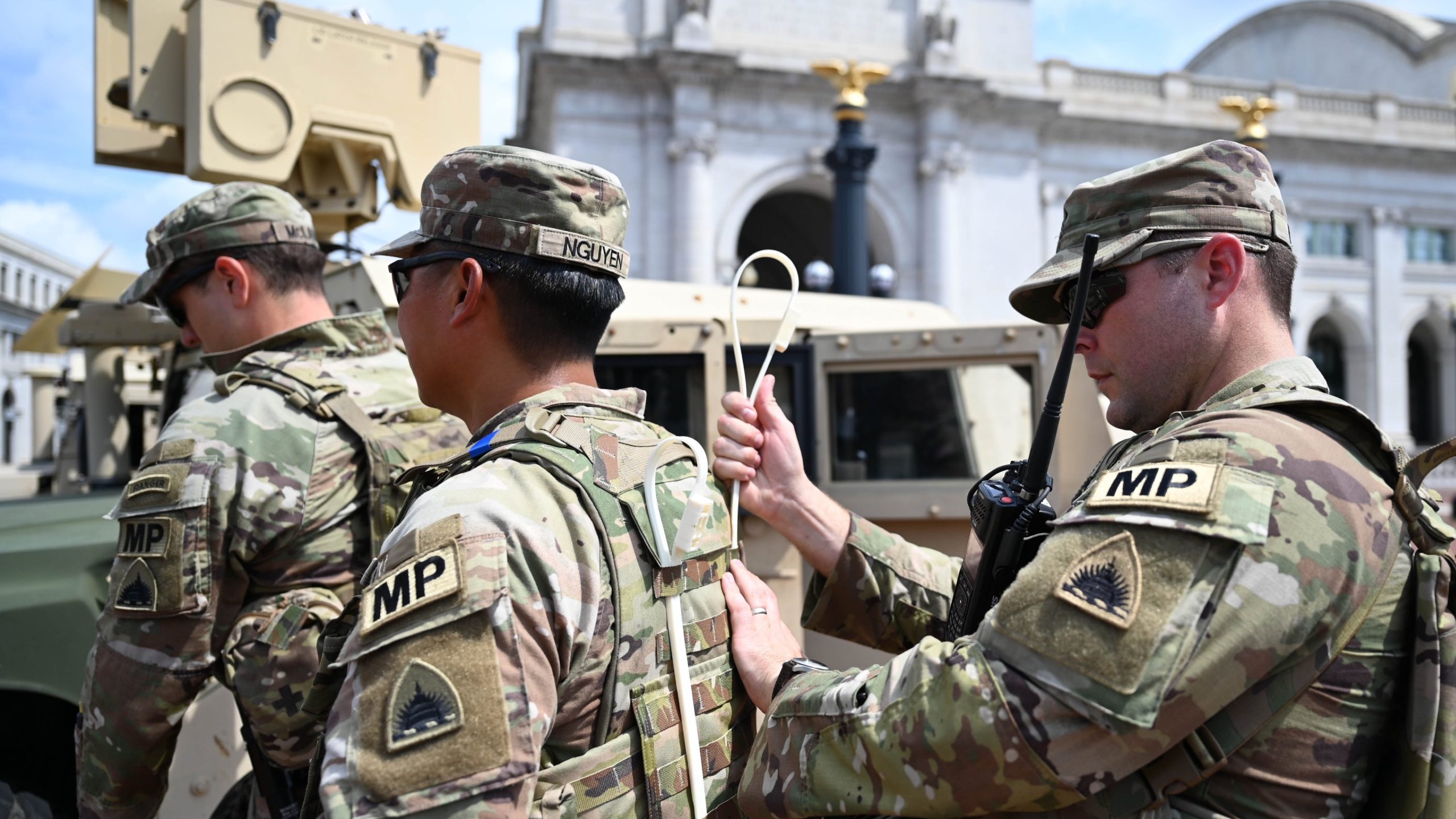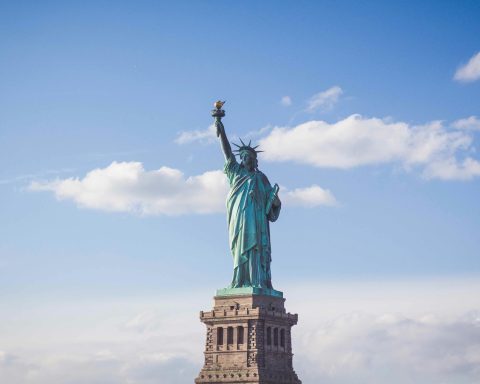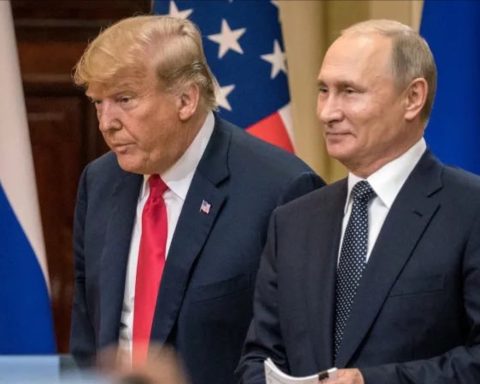President Donald Trump’s decision to deploy armed National Guard troops in Washington, D.C., has sparked intense debate across the United States. This move, part of a broader crime crackdown, signals a significant shift in federal policing power. Consequently, it raises critical questions about balancing security with civil liberties.
National Guard Now Armed
For the first time, some National Guard units patrolling Washington, D.C., now carry firearms. This marks a sharp departure from their initial unarmed support roles. A joint task force clarified that lethal force remains a last resort.
Moreover, only troops assigned to specific high-risk missions are armed, while those in administrative or logistics roles remain unarmed. This escalation of the armed National Guard in Washington underscores Trump’s push for a stronger federal presence in the capital. In fact, he aims to project authority in a city often seen as a political flashpoint.
Trump Eyes Baltimore and Chicago
Meanwhile, Trump has signaled plans to expand National Guard deployments to Democratic-led cities like Baltimore and Chicago. He frames the move as a crackdown on crime and immigration. Specifically, in Washington, he’s leveraged the District of Columbia Home Rule Act to assert federal control over local policing. This bypasses traditional municipal authority.
However, recent data challenges his narrative. For instance, violent crime in Washington dropped 26% in 2025, and Baltimore’s homicides fell 28%. As a result, these figures undermine claims that the armed National Guard is necessary in Washington or elsewhere. They fuel skepticism about the deployments’ true motives.
Democratic Leaders Resist
In response, Maryland Governor Wes Moore called Trump’s Baltimore threat a political stunt designed to score points with his base. Similarly, Chicago Mayor Brandon Johnson and Illinois Governor JB Pritzker vowed to oppose any “military occupation.” They warn it could escalate tensions and undermine local governance.
Why This Matters
Ultimately, the armed National Guard in Washington sets a troubling precedent for federal overreach in U.S. cities. It blurs the line between military and civilian roles. If Trump targets Chicago or Baltimore, expect fierce legal battles and protests. These will concern the military’s role in domestic law enforcement.






